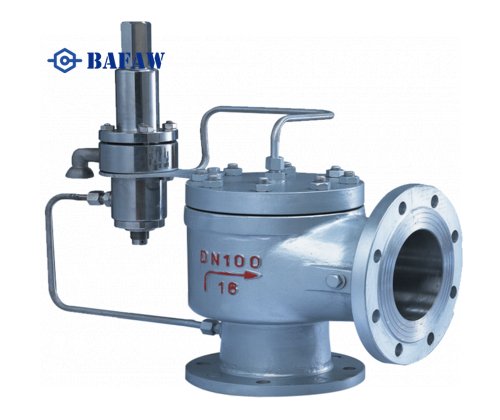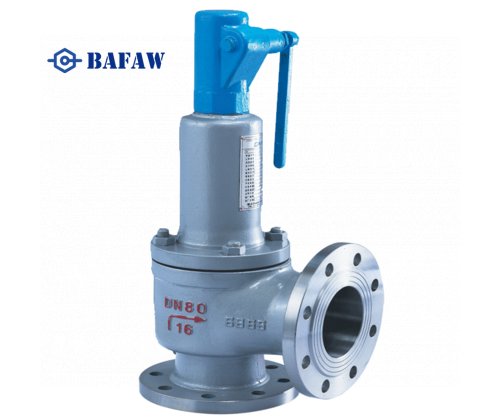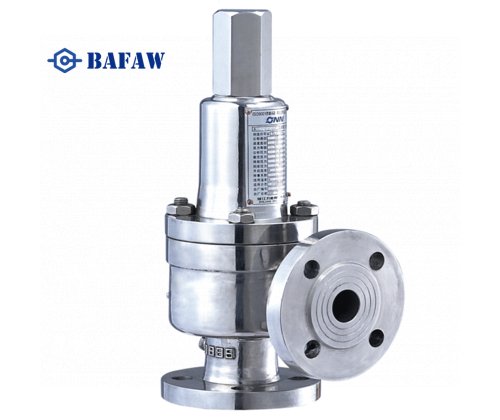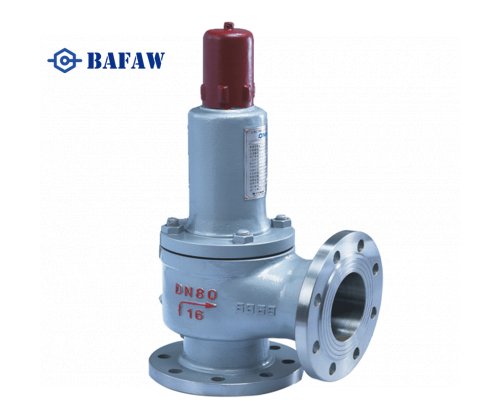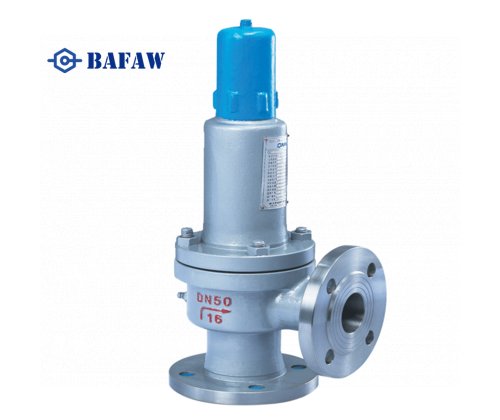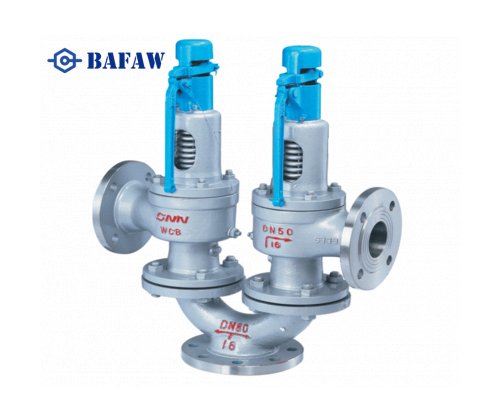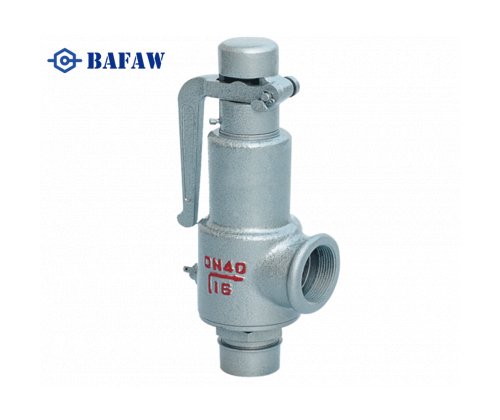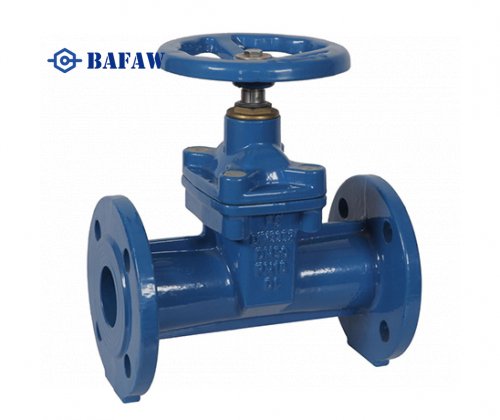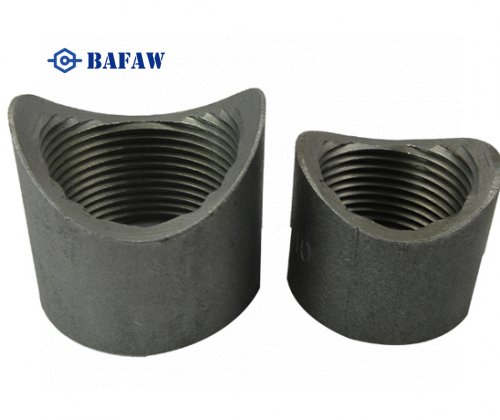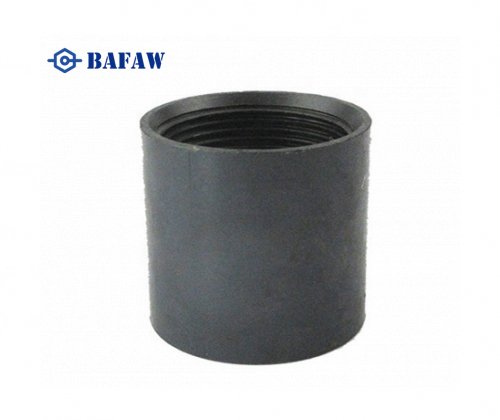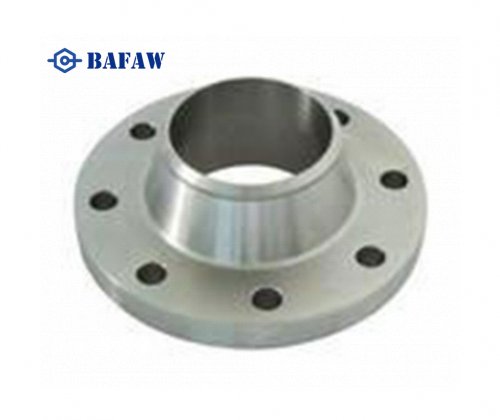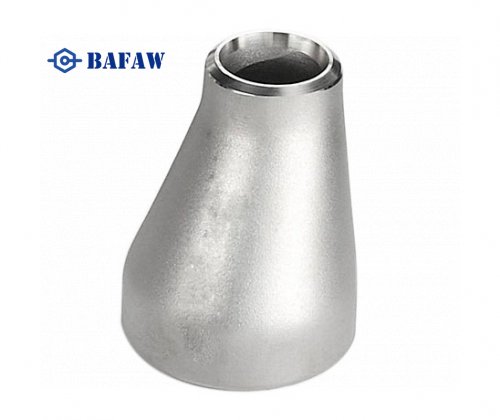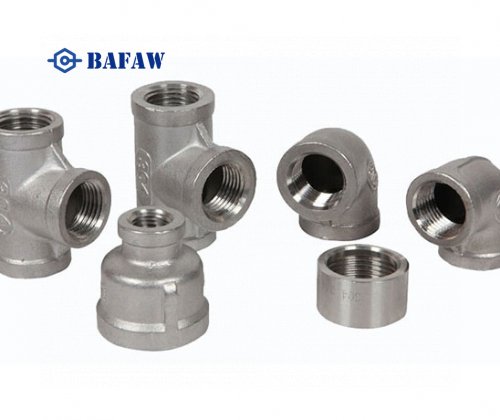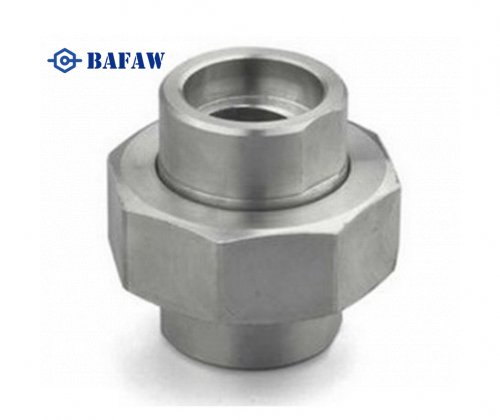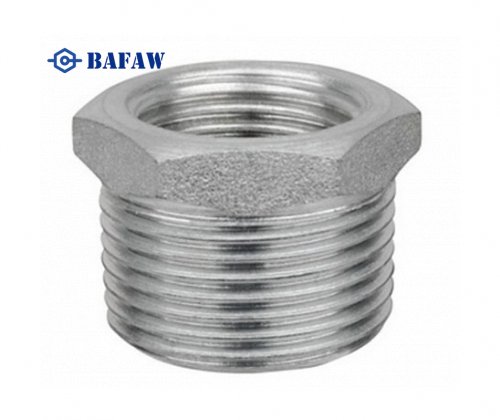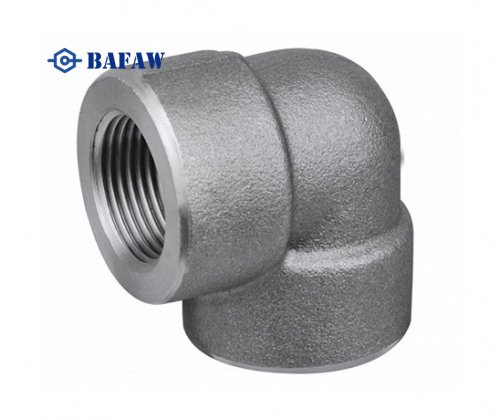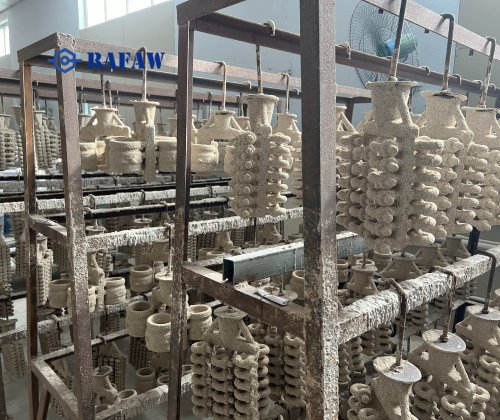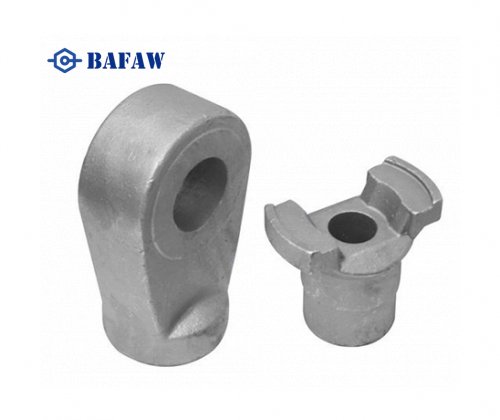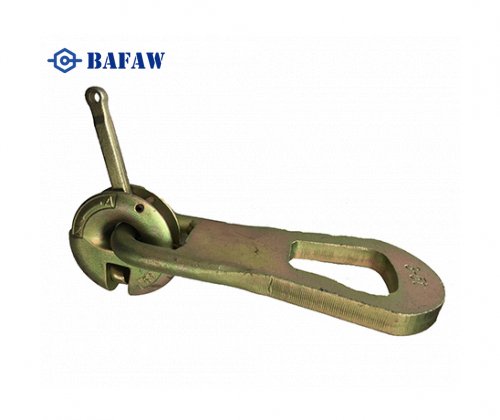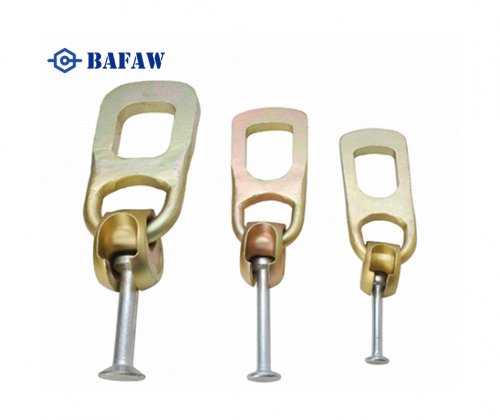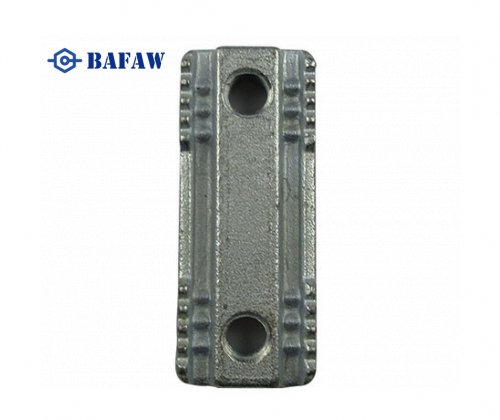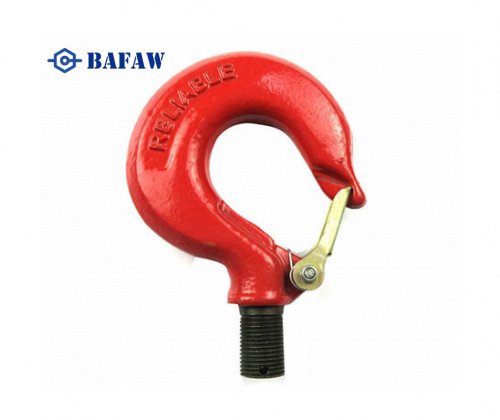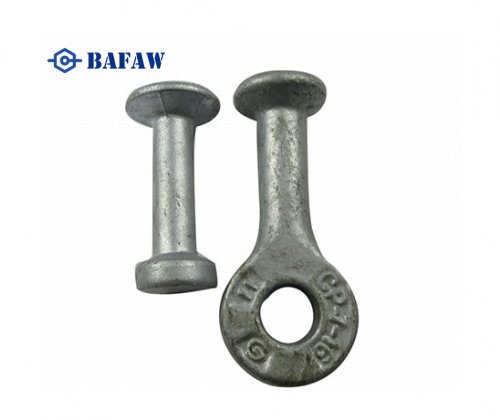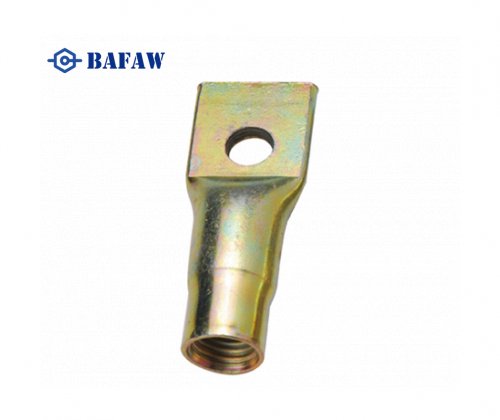1. Fluid characteristics
When choosing valves, it is important to understand the fluid. This includes its state, like gas, liquid, or solid.
You should also consider its temperature, pressure, and chemical properties. For example, some chemical fluids may cause corrosion of the valve material. In chemical projects, engineers select stainless steel valves to resist the effects of corrosive fluids.
2. Application Scenarios
Different application scenarios have different requirements for valves. For example, angle valves and solenoid valves are great for quick switching. In contrast, engineers find that regulating valves and globe valves work better when they need to control flow and pressure.
3. Size and pressure rating
The size and pressure rating of a valve can directly affect its performance. When choosing a valve, consider the pipe's diameter and the system's allowable pressure drop. For example, butterfly and gate valves are usually more economical choices for pipelines larger than 2 inches. The use of properly sized gate valves can be effective in reducing resistance to flow, thereby increasing system efficiency.
4. Frequency of operation
Frequency of operation is also an important consideration in valve selection. For high-frequency switching applications, such as filling machines, angle valves and solenoid valves are the best choice because they can withstand a high number of cycles.
5. Safety and Maintenance
Finally, safety is a factor that should not be overlooked when selecting pipeline valves. Possible failure scenarios should be considered and valves with good sealing performance and safety design should be selected.

















